Photo via Twitter
Attempting to lock in a soirée dress for her upcoming event, Omnia Medhat ventured into a shop belonging to a chain specializing in fancy evening dresses. After picking a few dresses that she liked, she asked the shop clerk for a size 16. As Medhat began to try the dresses on, she realized none of them fit her.
Between giving in to a mental breakdown and questioning whether she recently gained weight, Medhat decided to innocently ask the woman if these had been size 16 as she had requested. Following which, the woman immediately responded: “No, I got you sizes 14 and 12 because you’re going to lose weight anyway since you have an event coming up.”
Medhat is a 27-year-old content creator who, like millions of women in Egypt, has been facing various struggles, from size availability and overpricing, to rude sellers and insufficient options when shopping.
View this post on Instagram
“In Egypt, I feel like there’s a perception that, if I’m plus-sized then I’m an old woman, even though there are so many plus-sized girls in Egypt, most of the population actually,” Medhat tells Egyptian Streets.
Other Egyptian women, like Yasmin Sameh and Nourhan El Rifai, agree with Medhat.
From unavailability of sizes to lack of fashionable options
“We are offered the ugliest designs and the most boring colors. It’s as if our bodies have to be hidden and overlooked, as if our bodies are offensive to the public eye, when what the industry calls ‘plus sizes’ are the sizes most prevalent in our society from what I can see,” says Sameh, a 30-year-old elementary school teacher.
Nearly six years ago, Sameh started to gain weight, and began her journey of shopping for plus-sized clothing in Egypt. Since then, she has also been grappling with the reality at hand.
“The biggest struggle I’ve found is size availability,” Sameh highlights.
Likewise, El Rifai, a project assistant at UNESCO, recalls how she constantly has trouble finding clothes that she likes, a simplicity that is a privilege to most women in the country.
Plus-size clothing is generally considered above size 18, and these are usually cut differently than straight-size clothing to flatter different body shapes. However, sizes and fit can vary according to every brand.
According to Ahram Online, Egypt’s ‘100 Million Healthy Lives Initiative’ revealed that 49.5 percent of Egyptian females find themselves on the heavier side. There is thus a large segment of Egyptian society that finds itself needing to recalibrate its options for clothing.
“The biggest struggle is finding things to wear that I actually like. It got to a point where I would buy a shirt or jeans just for the fact that they fit me. I would be ecstatic to find something that actually fits, so I would buy it, regardless of whether or not I like or dislike it. Most “fashionable” clothes only go up to a certain size, so for a long time, I would buy clothes that looked like they belonged to someone much older than I am or are just simply not my style. I wore clothes because I had to wear clothes,” El Rifai shares.
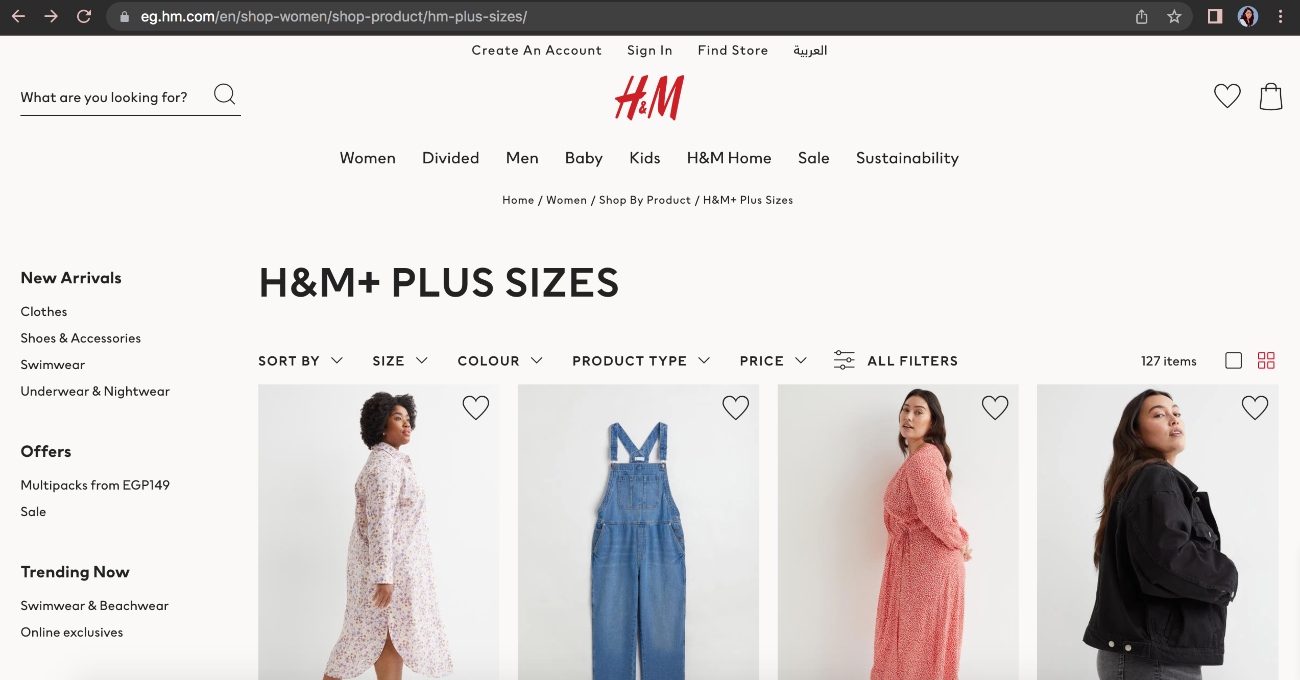
In Egypt, namely in the cities of Cairo and Alexandria where international and local outlets have branches, there are a handful of shops that offer plus size clothing such as Marks & Spencer, H&M, Mango, and American Eagle. In these shops, the sizes above 12 and 14 tend to be sold out. However, there are also some ‘plus size’ specific clothing shops such as Ula Popken, Evans, and Max, although the style might be deemed suitable for a specific and older segment of society.
“Finding good jeans is also like searching for a needle in a haystack. It is extremely difficult to find plus size jeans that are comfortable and proportional to someone who looks like me,” El Rifai adds.
Recently, more online businesses have popped up, providing Egypt with local produce for its fashion wear. Stemming from their belief in everyone’s right to wear fashionable clothes, Nonplussed is a local online shop that does not just sell plus-size clothing, but aims to change the narrative towards the absence of fashionable plus-size brands in Egypt.
In the past few years, there has been more public awareness of the importance of catering to women of all sizes. Despite being a large number in Egypt, plus-sized women continue to suffer from lack of representation, and lack of options.
Though there are multiple brands who claim that they are size-inclusive and cater to women of all sizes, the majority only goes up to xl.
HK Designs is a local brand with sizes up to 4XL, and branches in Heliopolis, Tagamoa, and Sheikh Zayed. Located in Heliopolis and Nasr City, BeautyXXL is another local brand with sizes starting from xxl.
For plus-sized women, walking into a store and trying as many items as they like is not an option; trying on clothes their size can sometimes even be a luxury.
While many brands have started catering to plus-sized women, and marketing themselves as inclusive and empowering brands, their plus-sized clothing is often perceived as not stylish or trendy as their straight-sized clothing, and some have this department online only, like H&M, in Egypt.
When seeking soirée dresses, El Rifai resorted to less-popular stores in Roxy and Kasr El Nil, where she found dresses of all shapes, colors, designs, and sizes, for cheaper prices than mainstream places. However, both Medhat and Sameh believe nothing beats tailoring.
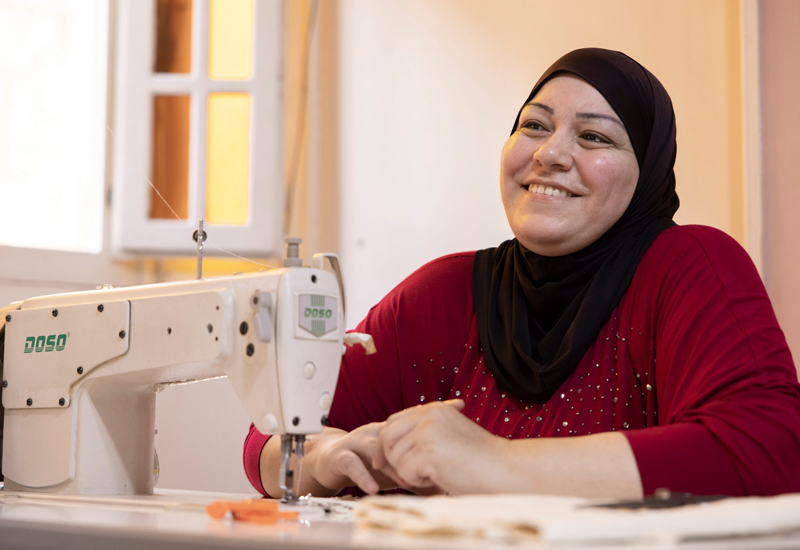
“I started going to a tailor because tailoring is hassle-free. I can choose whatever design I want, whatever color I want, and I can adjust it according to my size. I don’t feel like I have to fit into the dress. When I customize a dress, I customize it according to my own taste,” Medhat explains, as she describes her tailor who makes her feel good about herself.
Inflexibility in Pricing
Although movements advocating for body positivity and self-love are on the rise, the market does not seem to be as supportive as these movements. One of the major issues facing plus-sized women in Egypt is the differences in cost for them as plus-sized consumers.
“I was ordering pajamas from a woman who gets branded pajamas from abroad. She told me that all sizes until large are for EGP 450, and size xlarge and xxl are for EGP 550 because they take up more space in the bags, which was very rude,” Medhat recalls.
Sameh reiterates Medhat’s words, voicing her irritation at shops that are known for catering to plus-sized women, like Gerry Weber, Bella Donna, and Marks & Spencer. Alternatively, while online businesses do offer more options, many exercise a ‘no-refund’ policy, rendering a purchase tricky and not always suitable for the purchaser. In some form or another, plus size purchasers factor in an element of financial loss.
“The price range always shocks me. It does not feel good to know that this industry is taking advantage of us for needing something that caters specifically to our bodies so they jack up the prices exponentially.”
“Overall, the experience of being plus-sized in Egypt is very frustrating, and I’m between size 16 and size 18, so I don’t know what bigger women do,” concludes Medhat.
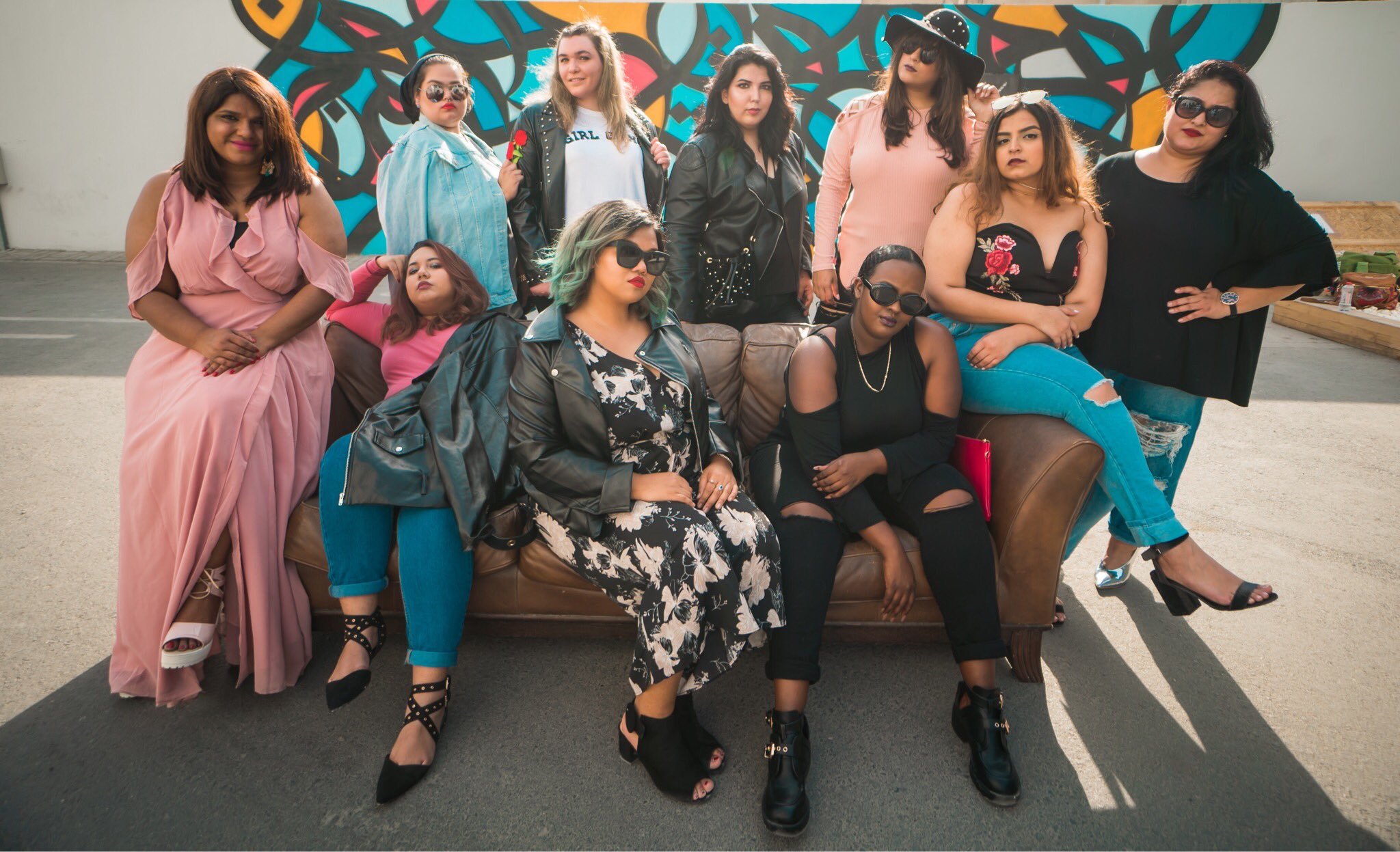




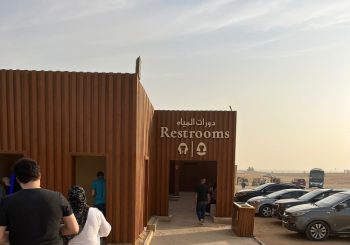
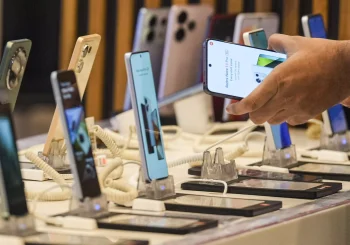
Comments (2)
[…] صراعات الموضة لكونك امرأة كبيرة الحجم في مصر […]
[…] Fashion Struggles of Being a Plus-Sized Woman in Egypt […]